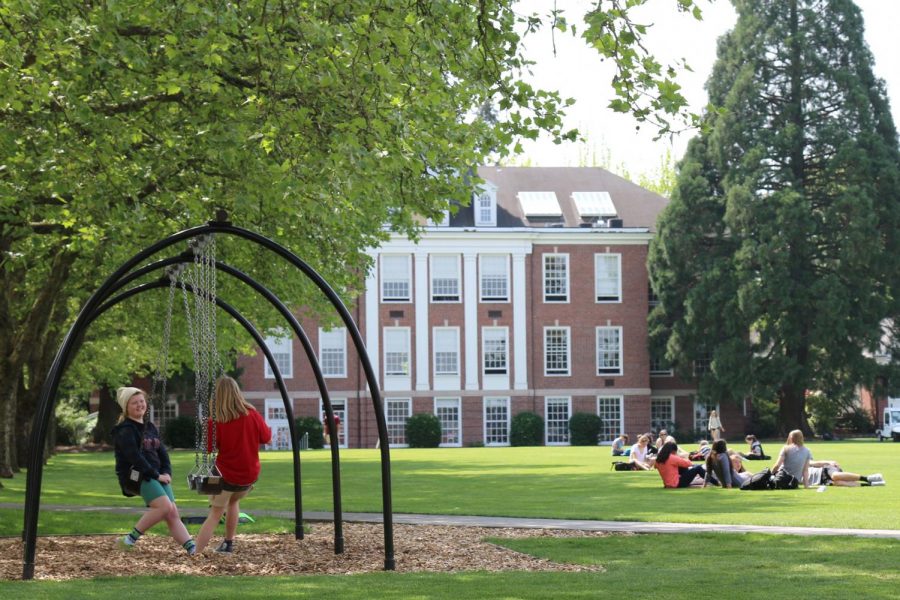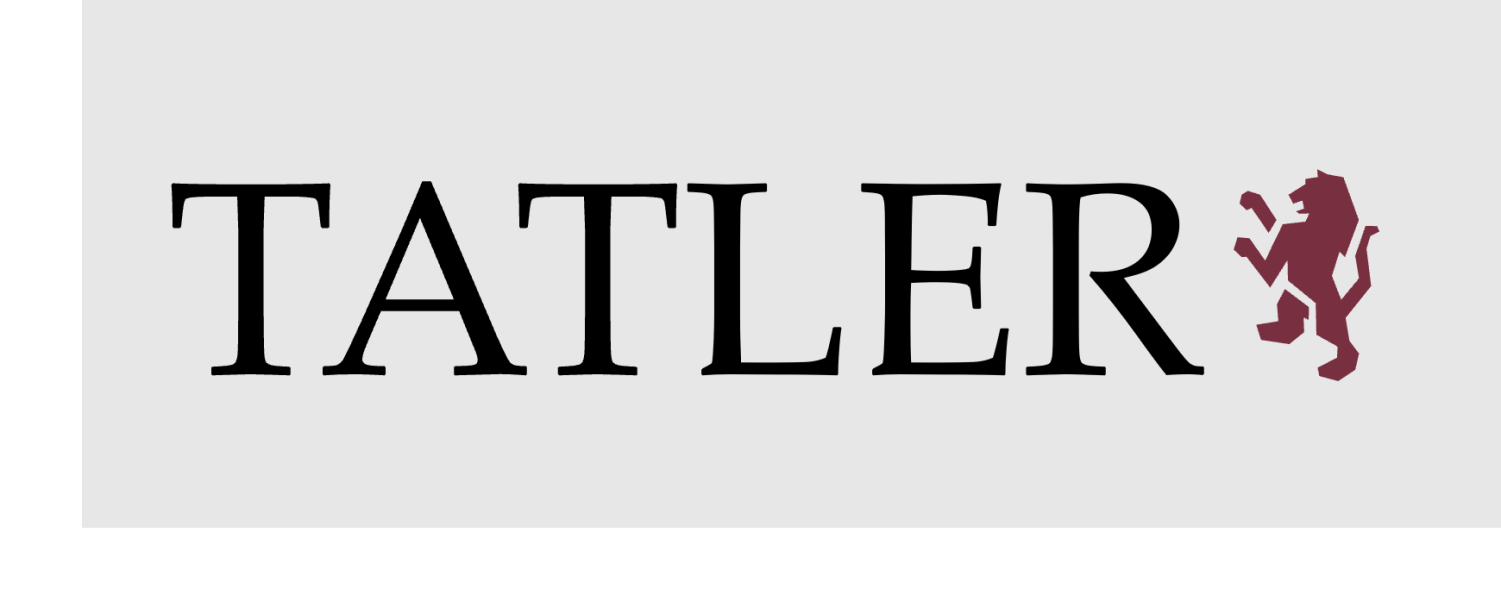Lakeside’s Summer COVID Projects
As the COVID-19 pandemic in America passes its 7th month, reopening has been a pressing topic. Lakeside’s announcement that school would start remotely was preceded by months of analysis and deliberation, and this summer, Lakeside has undertaken various projects in preparation for the upcoming school year to better adapt to remote and blended learning. On Lakeside’s summer COVID projects, Tatler interviewed Head of Upper School Ms. Wilks, Upper School Mathematics Teacher Mr. Platt, and COVID-19 Health and Safety Officer Mr. Smith.
From June 8th to June 12th, teachers for the 2020-2021 school year participated in a training designed by the Global Online Academy (GOA), of which Lakeside is a founding member. Ms. Wilks, Head of the Upper School, says that the training focused on teaching teachers to use “online tools to connect students–connect them to each other, connect them to the teacher, and to empower and engage them.” In addition to streamlining online learning, the training also focused on supporting the Competencies and Mindsets of Lakeside’s Re-Envisioning, and teaching students to be “self-reflective and more active agents in their learning,” says Ms. Wilks.
During the training, teachers worked on revising and creating curriculums for remote and blended settings. On the philosophy behind the new curriculums, Mr. Platt, Upper School Mathematics Teacher, and Ms. Wilks agreed in their direction to “embrace this new learning and teaching environment and not try to simply carry on fighting to replicate everything about the classroom experience,” in Mr. Platt’s words. Mr. Platt acknowledges that “it is going to be difficult to cover exactly what we have in the past,” and hopes to create modified curriculums with the same rigor as in in-person learning, saying, “Less can be more, in a sense, if we make sure that the material we do cover is approached and addressed in a meaningful way to ensure a student leaves each course well prepared to move on and tackle more advanced or sophisticated ideas in future courses.”
In addition to curriculums, teachers also thought about assessments and how students can meaningfully demonstrate their knowledge in a remote or blended setting. “There certainly is a need to assess content knowledge and I envision some [teachers] will create daily check-ins to ensure that content acquisition is happening,” says Mr. Platt. For larger assessments, he suggests that they “may be more project-based (with an emphasis on communication and application of acquired knowledge) and may involve/require collaborative endeavors.” For assessments in general, Mr. Platt says that they “may take on a different feel, but the mission of assessing student knowledge and application of material will still be there, as will the feedback.”
While assessments and the weight of grades were limited in the spring semester, grading and assessments will not be limited in the upcoming year; Ms. Wilks acknowledges the stresses in online learning and says, “Our sense is that colleges are aware that everybody is going through this, and it’s a unique time, so I don’t want kids to feel pressure around grades for college; I want them to really be focused on learning.”
In these methods of remote teaching, Ms. Wilks hopes teachers can provide more individualized and effective learning: “If [teachers] can really use both time in class and time outside of class differently, I think it will allow kids more opportunity to learn more deeply, and maybe at their own pace.”
Ms. Wilks also recognizes that remote learning and online assessments may present new chances to plagiarize, saying, “Ideally, students are going to take their own learning seriously enough to be honest about their assessments–not just because it’s the right thing to do, but also because that’s how they will know where they are in their learning.” Teachers are also ”thinking of authentic ways of assessing kids” that do not support plagiarism, says Ms. Wilks.
Teachers also participated in programs outside of GOA training, such as curriculum grants, which Mr. Platt describes as an “opportunity for teachers to continue to build, tweak, or to start something new regarding curriculum and to receive some compensation for that effort.” When we talked on August 20, Mr. Platt had also just finished a technology training course, dubbed “Tech Week,” that morning. Tech Week is offered every year, “providing spaces for us as teachers to find out more about the teaching tools that we have at our disposal,” explains Mr. Platt. This year, it seemed to have gained in popularity, he says. Lakeside worked to unify digital platforms for accessibility and ease; Ms. Wilks said that “everything should be spelled out on PowerSchool, so kids can start there and go wherever they need to go next.”
In addition to educational preparations, Lakeside was preparing its campus over the summer. As stated in the Lakeside reopening updates, Lakeside will have daily screenings, done primarily at home; COVID-19 testing; and contact tracing. In deciding on these measures, Mr. Smith said that the Risk Management Task Force “first did a lot of research about the virus and pored over reports from the CDC, WA Department of Health, WA Office of Public Instruction K-12, and many others.”
In addition to screening, testing, and contact tracing, Mr. Smith also described the social distancing features implemented across campus, stating, “Each classroom will have single person desks that are 6-7 feet apart and signage will direct students on how to move through the hallways. Each classroom also has ample supplies of cleaning and sanitizing products and instructions on how to clean classrooms after each period.” Ms. Wilks adds that because not every current classroom may be able to accommodate social distancing, Lakeside has set up portable classrooms outside, to increase classroom space. In addition, Lakeside has ordered masks and installed technology so that students who cannot come to campus can participate in class. “I’m really hoping, for instance,” Ms. Wilks says, “that when we go back to normal times, when kids are sick, they no longer feel that they have to come to school because they can see what happens from remotely.”
In these health and safety measures, Ms. Wilks does acknowledge that there is still “a lot of responsibility on students,” stating, “I think it’s going to be really hard to be at school and not hug your friends or sit close together…I think that’s going to be challenging.”
Lakeside will reevaluate reopening every month, and Lakeside has continued its efforts through the summer to ready for the start of the school year in teaching, technology, and on campus. Lakeside’s COVID-related projects through the summer aimed to support learning on and off-campus and to adapt to the times. Mr. Platt says, “We will strive to maintain what we care about the most – relationship and connection between teacher-and-student as well as between student-and-student. This will remain at the heart of everything we try to do.”
From A to Z, AZ's got it all. Especially existential boredom. Recently, Aaron cried while listening to Wagner's "Tannhäuser" on YouTube, the most he's...


